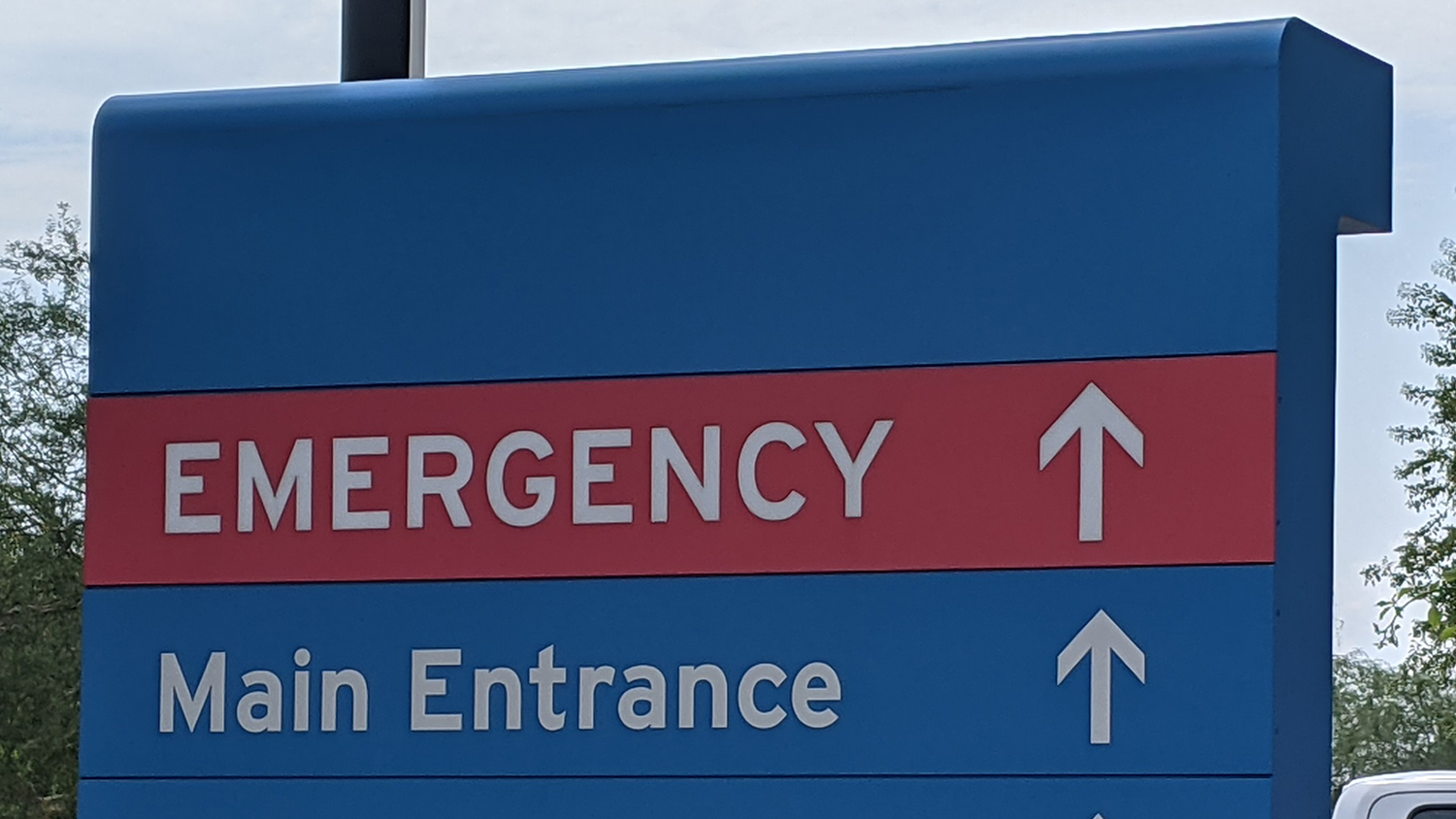Extreme heat increases mental health visits to ERs – KJZZ

The effects of extreme heat on physical illness and death are well-known. But most studies of heat’s mental health effects are far more limited and regional.
A new paper in the journal JAMA Psychiatry takes a wider view.
The research could help experts forecast demand for mental health services during summer, especially as climate change continues to increase the tally of record heat days.
“What we were aiming to do with this study was provide the first look — at an unprecedented scale across the entire United States — at the relationship between temperature and heat exposure and mental health outcomes among adults,” said lead author Amruta Nori-Sarma of the Boston University School of Public Health.
The 10-year, nationwide study of 2.2 million U.S. adults finds a strong link between extremely hot summer days and visits to emergency departments for mental health crises. The authors defined extreme heat as the 95th percentile of a given county’s warm-season temperature distribution.
Upticks in visits for substance use disorders were most common, followed by anxiety, stress, mood disorders and physical symptoms related to mental causes.
The pattern did not vary by age but was strongest among men and in the Northeast, Midwest and Northwest U.S.
“What that leads us to believe is that heat is an external stressor that causes exacerbations of existing mental health conditions,” said Nori-Sarma. “I think it’s really important to make sure that we are following the best practices, to take care of ourselves, take care of our loved ones, check in on our neighbors, especially in the upcoming summertime period.”
The study used medical claims filed during warm-season months (May to September) between Jan. 1, 2010, and Dec. 31, 2019, and included a range of ages, ethnicities and geographical areas. But the records were limited to patients with commercial health insurance or Medicare Advantage.
Nori-Sarma hopes to expand her research to include people outside of those coverages, especially those in lower socioeconomic status groups.
“These represent some of the most vulnerable members of society, in addition to those who have preexisting mental health conditions. And so I’m hoping in the future to be able to continue this research, focusing in on those vulnerable communities,” she said.




